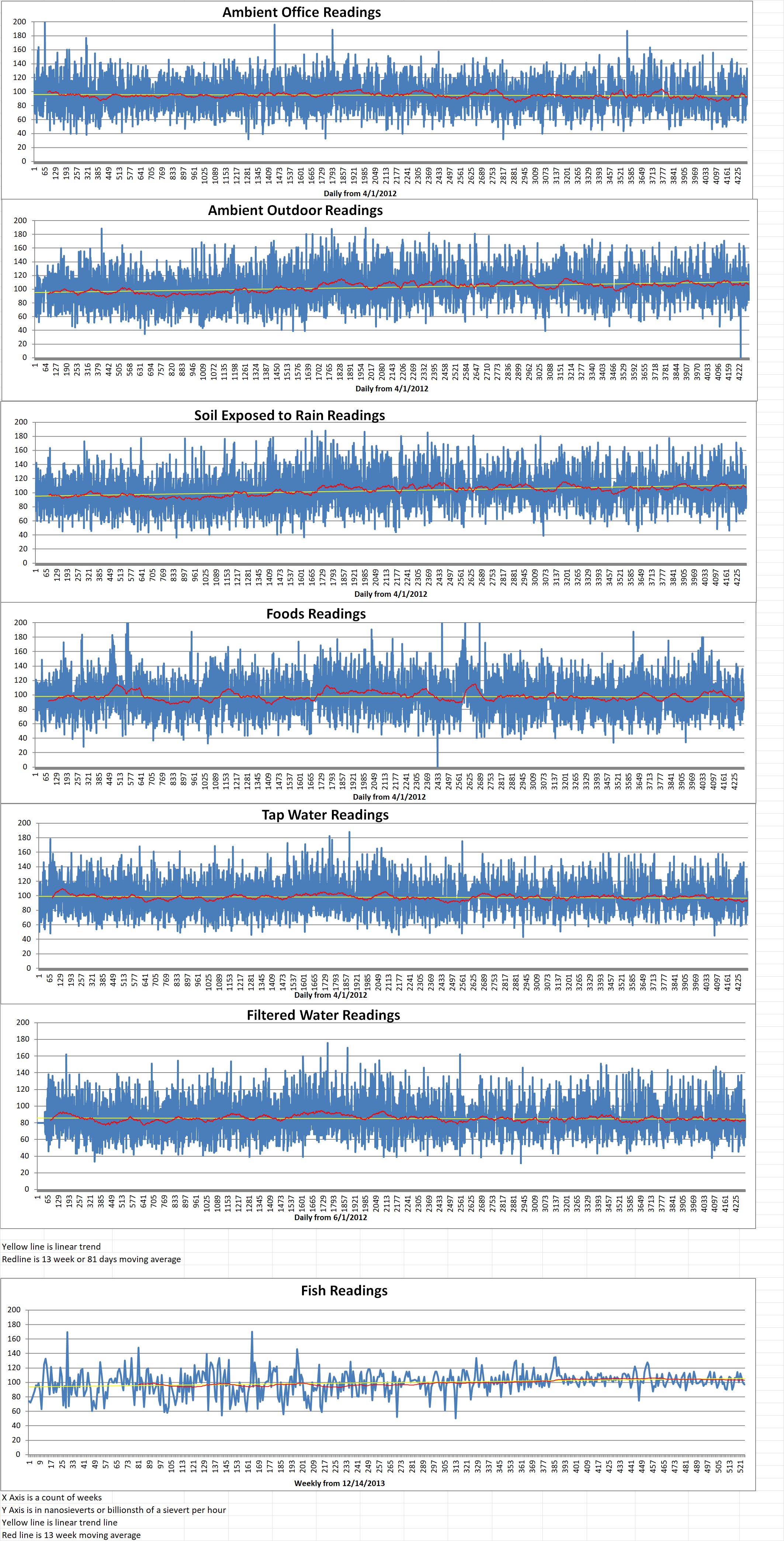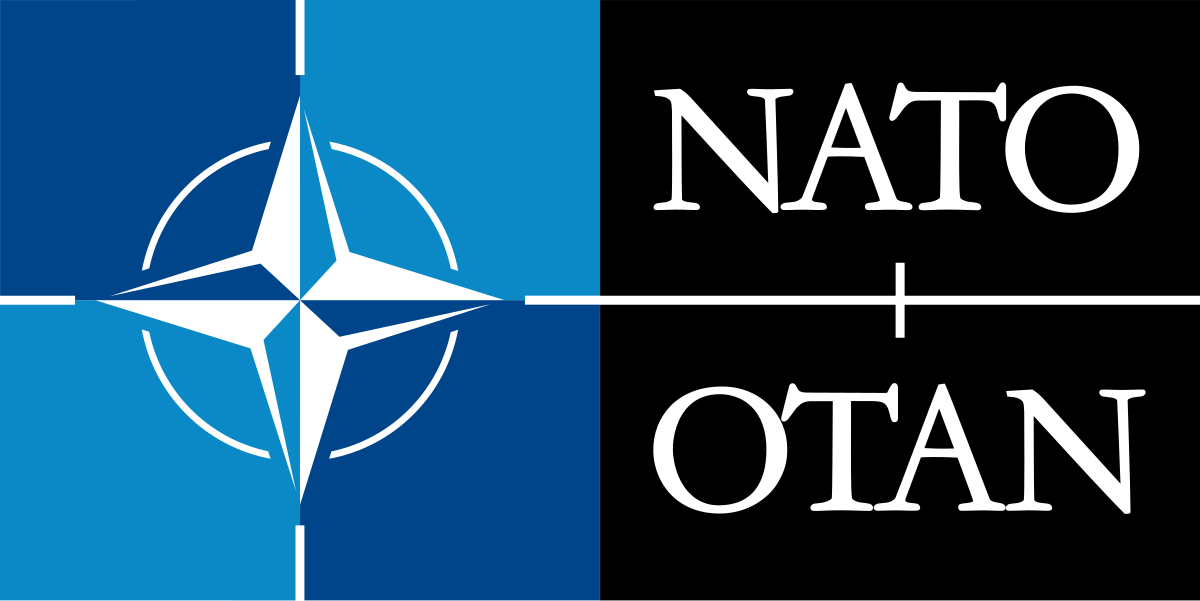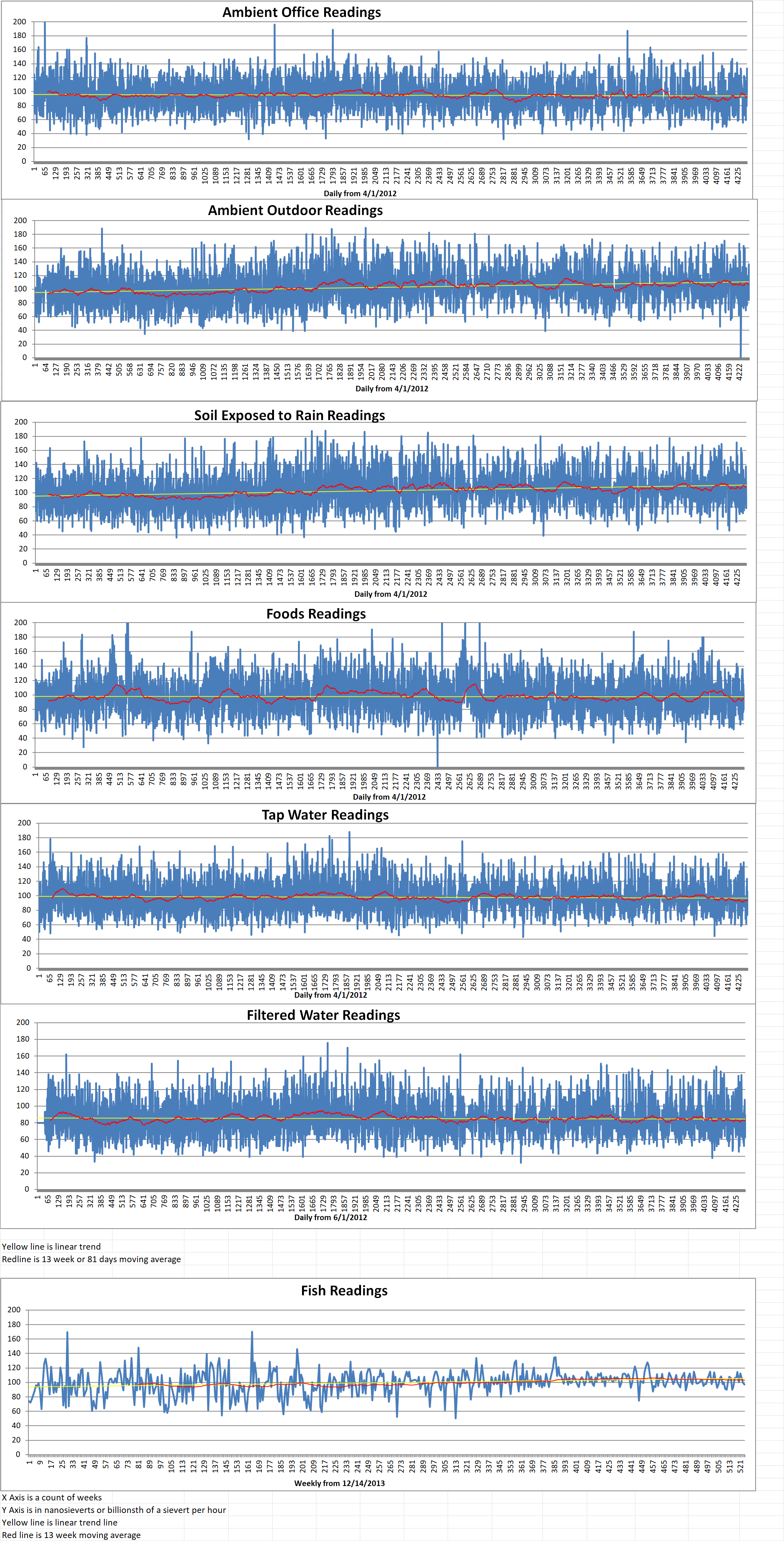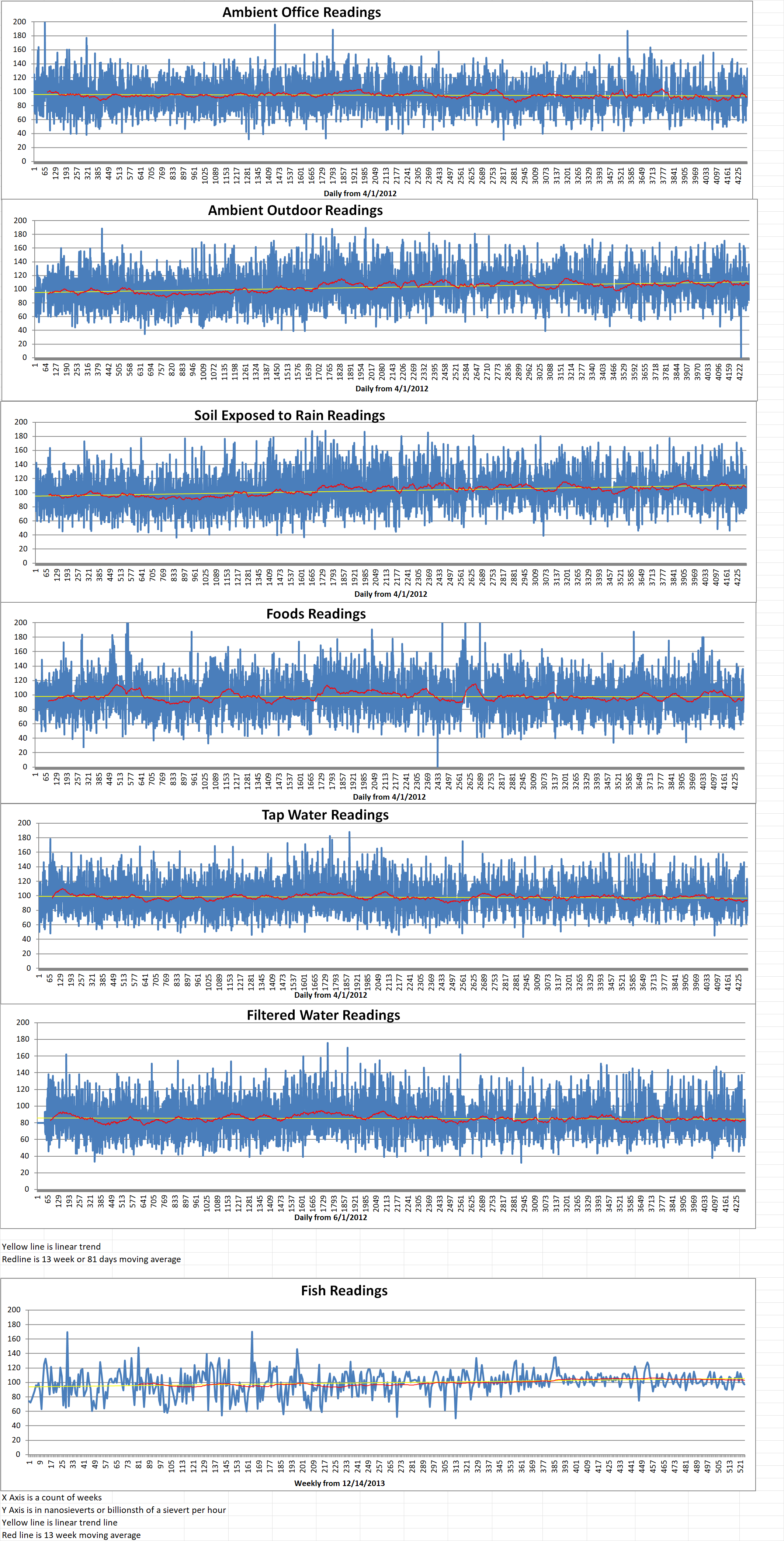NATO is worried about support Russia could provide for North Korea’s (N.K.) missile and nuclear programs. The alliance’s head mentioned this on Tuesday as Russian President Vladimir Putin began his first trip to the reclusive nuclear-armed country in 24 years.
Putin is on a state visit for talks with N.K. leader Kim Jong Un. He vowed to deepen trade and security ties and to support the North against the U.S., a close ally of its bitter rival South Korea.
The U.S. has accused N.K. of supplying “dozens of ballistic missiles and over eleven thousand containers of munitions to Russia” for use in Ukraine.
Jens Stoltenberg is the NATO Secretary-General. He told a joint press briefing after talks with U.S. Secretary of State Antony Blinken that Russia’s war in Ukraine was being propped up by China, North Korea and Iran, who all hope to see the Western alliance fail.
Stoltenberg said, “We are of course also concerned about the potential support that Russia provides to North Korea when it comes to supporting their missile and nuclear programs”.
Stoltenberg said that this and China’s support for Russia’s war economy showed how security challenges in Europe were linked to Asia. He added that next month’s NATO summit in Washington would see a further strengthening of the alliance’s partnerships with Australia, New Zealand, South Korea and Japan. Stoltenberg said that there needed to be “consequences” at some stage for China.
Stoltenberg continued that “They cannot continue to have normal trade relationships with countries in Europe and at the same time fuel the biggest war we have seen in Europe since the Second World War.”
Stoltenberg mentioned that it was too early to say what those consequences might be, “but it has to be an issue that we need to address because to continue as we do today is not viable.”
On Monday of this week, White House National Security spokesperson John Kirby said that Washington was watching the North Korea-Russia relationship “very, very closely” because there “could be some reciprocity … that could affect security on the Korean Peninsula.”
On Tuesday of this week, White House spokesperson Karine Jean-Pierre told a news briefing that deepening Russia-North Korea cooperation was “a trend that should be of great concern to anyone interested in maintaining peace and stability in the Korean Peninsula.”
Jean-Pierre noted that a statement from Putin and Chinese leader Xi Jinping from a May summit had stressed political and diplomatic means as the only way to resolve the Korean issue. She added that “We hope this is a message that Putin will convey to Kim in their discussion.”
At the briefing with Stoltenberg, Blinken said Putin’s Pyongyang trip was a sure sign of his “desperation” to strengthen relations with countries that can support his war in Ukraine.
Blinken added that China’s support had enabled Russia to maintain its defense industrial base. China is supplying seventy percent of Moscow’s machine tool imports and ninety percent of the microelectronics. He added that “That has to stop.”
Kurt Campbell is the U.S. Deputy Secretary of State Last week. Last week he said that Washington was concerned by what Russia would give North Korea in return for weapons Pyongyang has supplied.
He questioned whether it would be “Hard currency? Is it energy? Is it capabilities that allow them to advance their nuclear or missile products? We don’t know. But we’re concerned by that and watching carefully.”
Bonnie Jenkins is the U.S. Under Secretary of State and the top U.S. arms control official. She has said that she believes North Korea is keen to acquire fighter aircraft, surface-to-air missiles, armored vehicles, ballistic missile production equipment or materials, and other advanced technologies from Russia.






